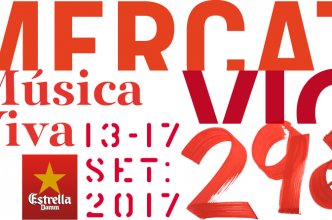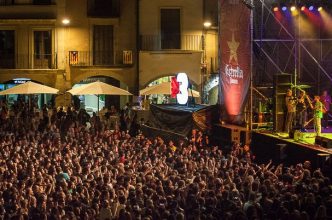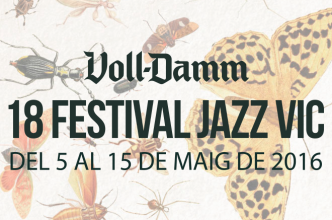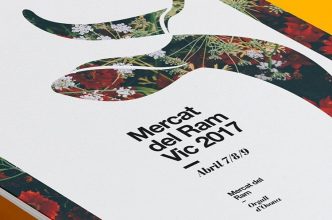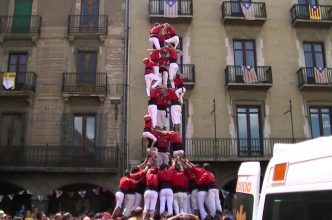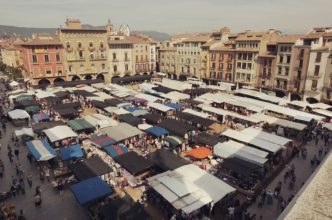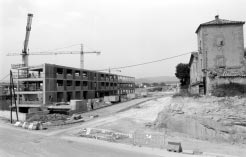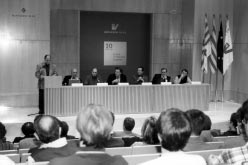Find out about courses in English, living in Vic and the history of the faculty
Further information for all UVic-UCC incoming students is available at UVic International Campus.
What courses can you enrol in at the Faculty of Science, Technology and Engineering?
If you are planning on taking an exchange programme at UVic-UCC, the following information could be useful for you, either before or after making your application. The courses you can enrol in at the Faculty:
What’s it like living in Vic?
Ciutat a la mesura humana – A city on a human scale
Sitting comfortably between the Pyrenees and the Mediterranean Sea, 70km north of Barcelona, Vic is the capital of Osona, a county belonging to the Barcelona Province in Catalonia, Spain. It’s home to over 43,000 inhabitants, of which 25% are foreigners. By harboring just under 6,500 students in recognized degree courses (or 15,700 in total), the city has grown to become student-oriented, merging the culture and traditions of central Catalonia with ongoing and continuously increasing academic life. Throughout the year, Vic is home to a variety of major cultural and independently organized events:
- Average living costs
- Accommodation
- Documentation
- Transportation
How exactly did the Faculty of Science, Technology and Engineering come to be?
The first appearance of what one day would become the Faculty of Science, Technology and Engineering was in 1989 when EUPO – Escola Universitària Politécnica d’Osona was founded, as part of EUV – Estudis Universitaris de Vic. Originally created to fill a technological gap, EUPO started out by lecturing in Informatics and Technical Agriculture, which were the first two courses offered. They achieved an astonishing number of 721 students and 61 professors in 2 years.
When EUV was officially recognized as a university (giving birth to UVic) by the Parliament of Catalonia in 1997, EUPO changed its name to EPS – Escola Politècnica Superior, and began offering degrees. Development and growth over the years made expansion necessary, and in that same year construction began on the new Torres dels Frares campus, the current home of the faculty.
By the time the new millennium arrived, European Education was undergoing a large-scale reform due to the Bologna Treaty, which led EPS to redesign its courses. A first “draft”, which would develop into the bachelor degrees available today, was created, and the first Master’s programme was also introduced shortly after.
With a variety of different degrees made available throughout the following years, EPS refined itself, laying a clear path towards a prosperous future. The foundations had been established, and circa 2015 the Escola Politècnica Superior (EPS) left its 25-year legacy and became what we know today as the Faculty of Science and Technology.
With well-established research teams, courses carefully tailored over two decades and an incredibly hardworking academic staff, it’s safe to assume that the newly-founded, but experienced Faculty of Science, Technology and Engineering has been left in good hands to deal with technological advancements, the global market and contemporary research needs.
Click here for the full version of the article in pdf format.



